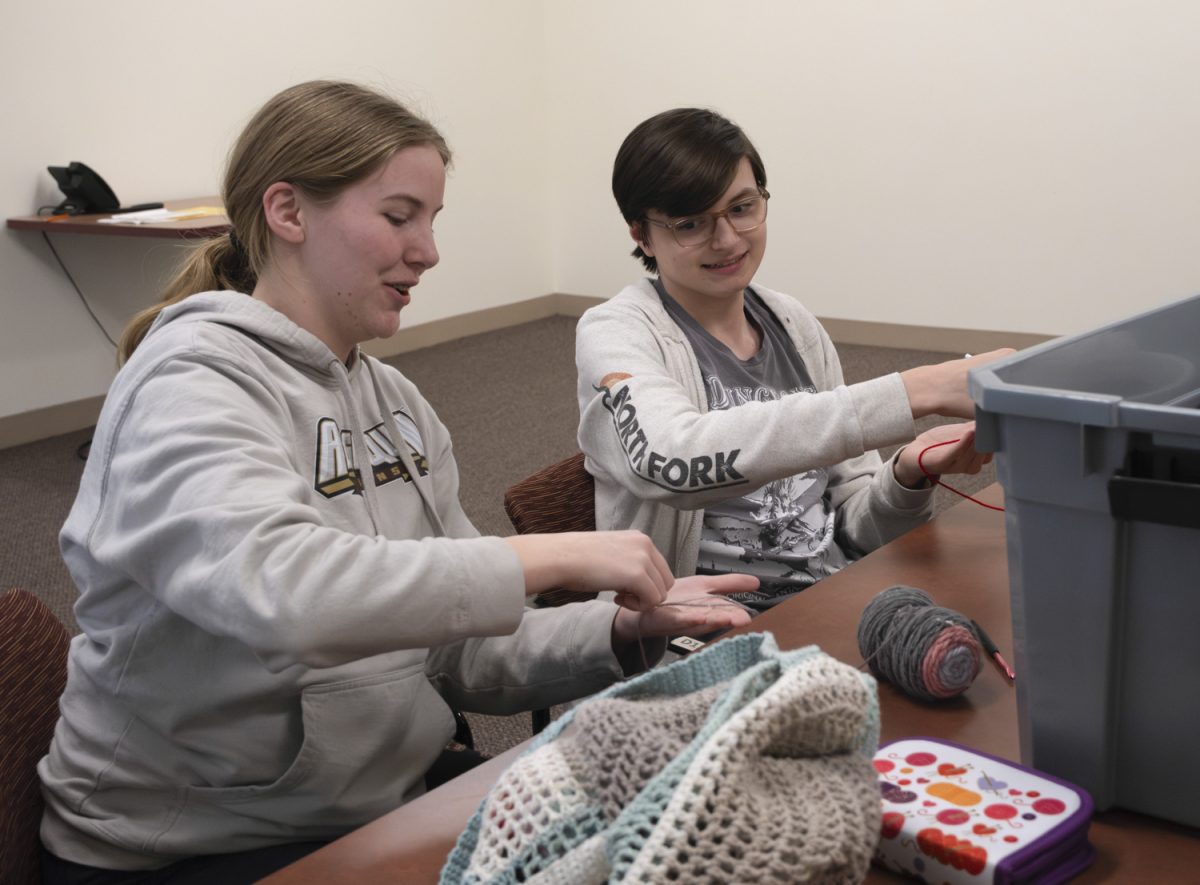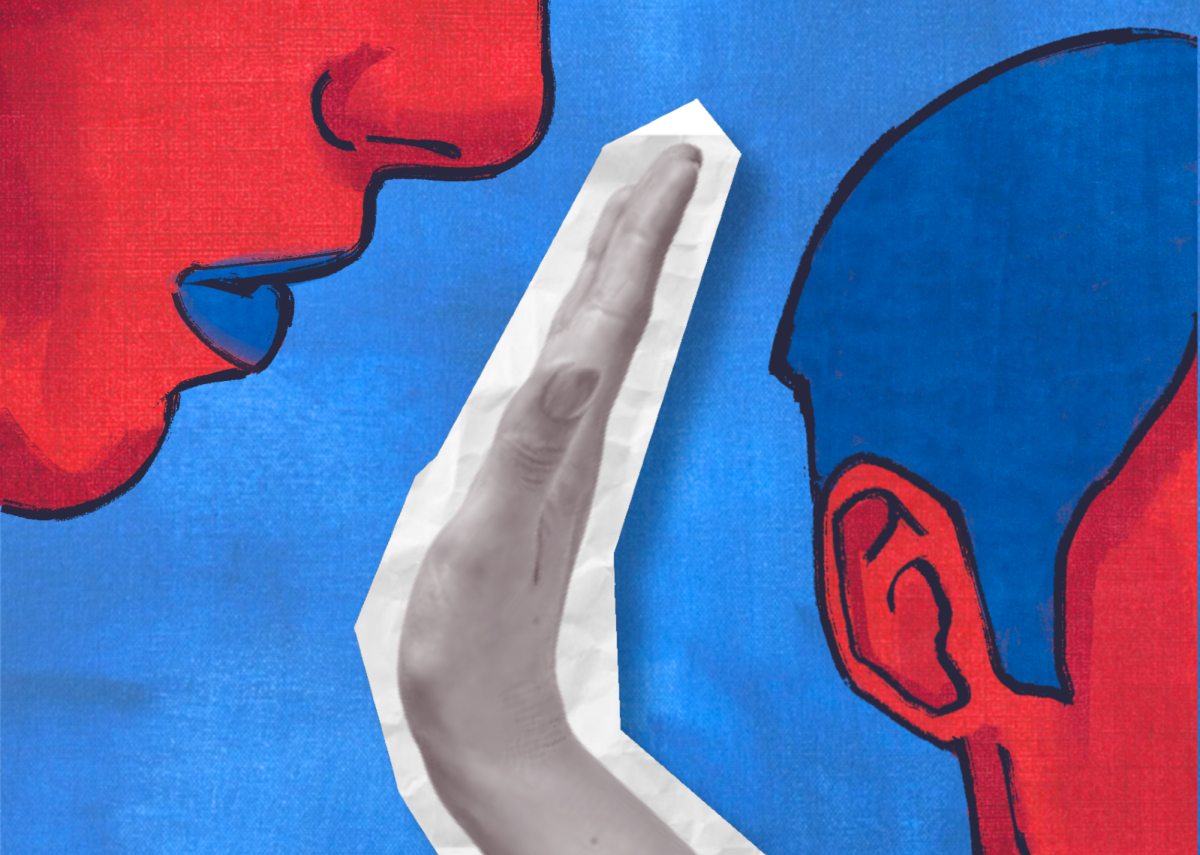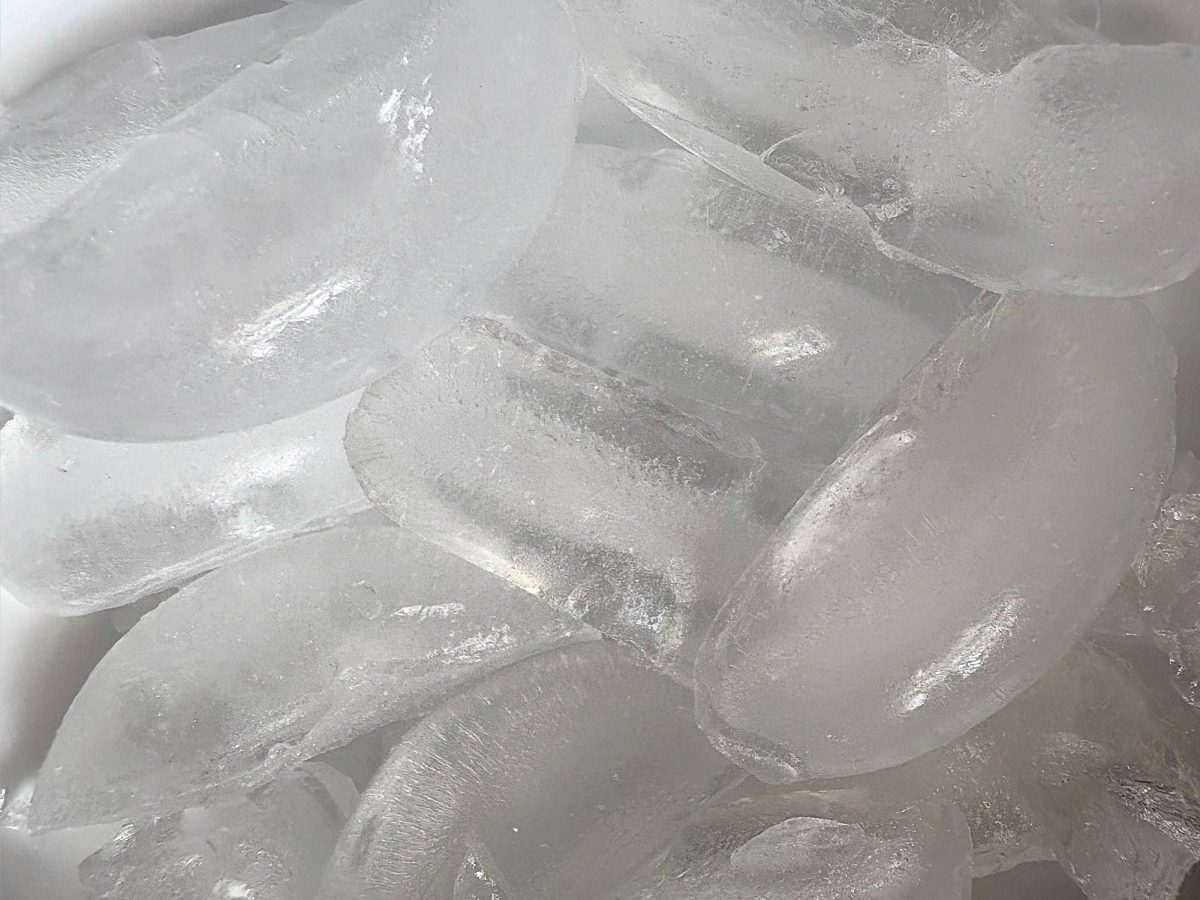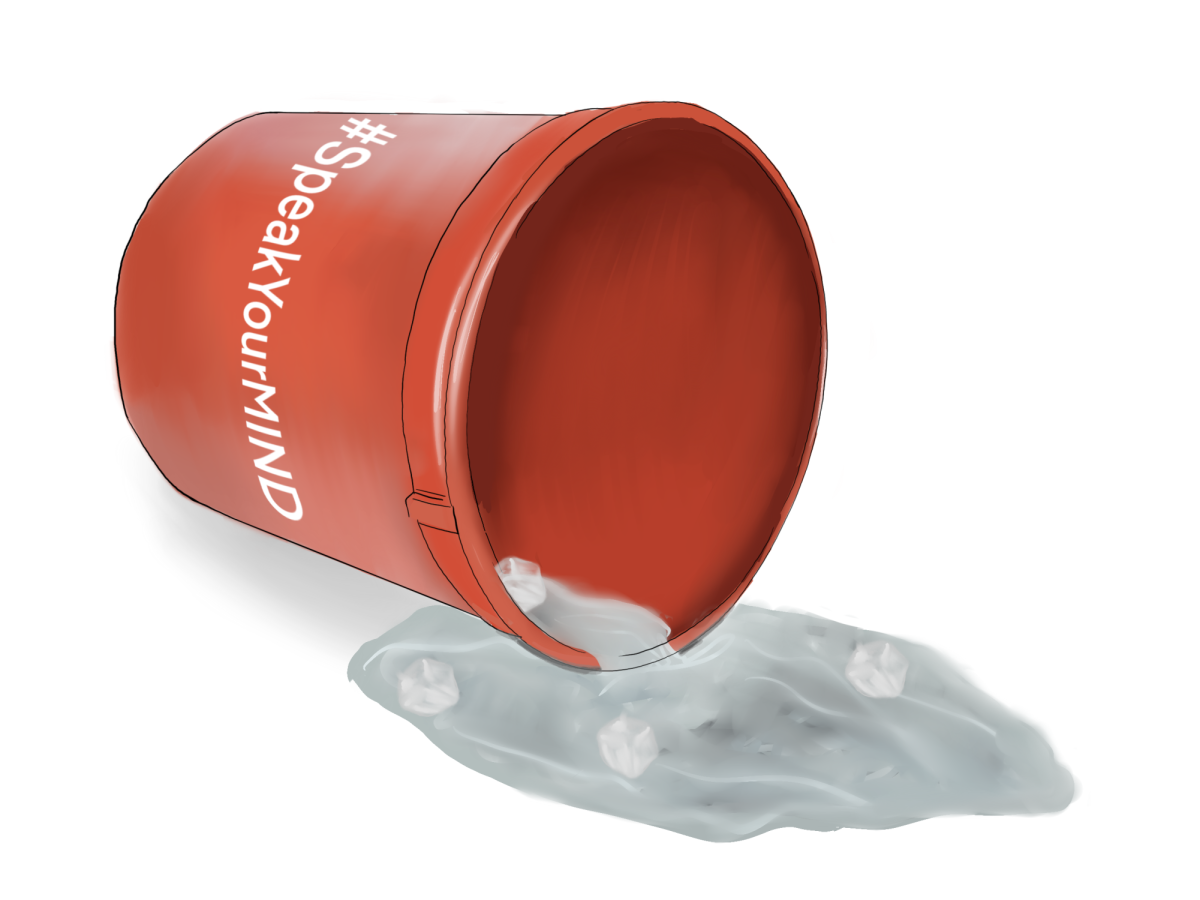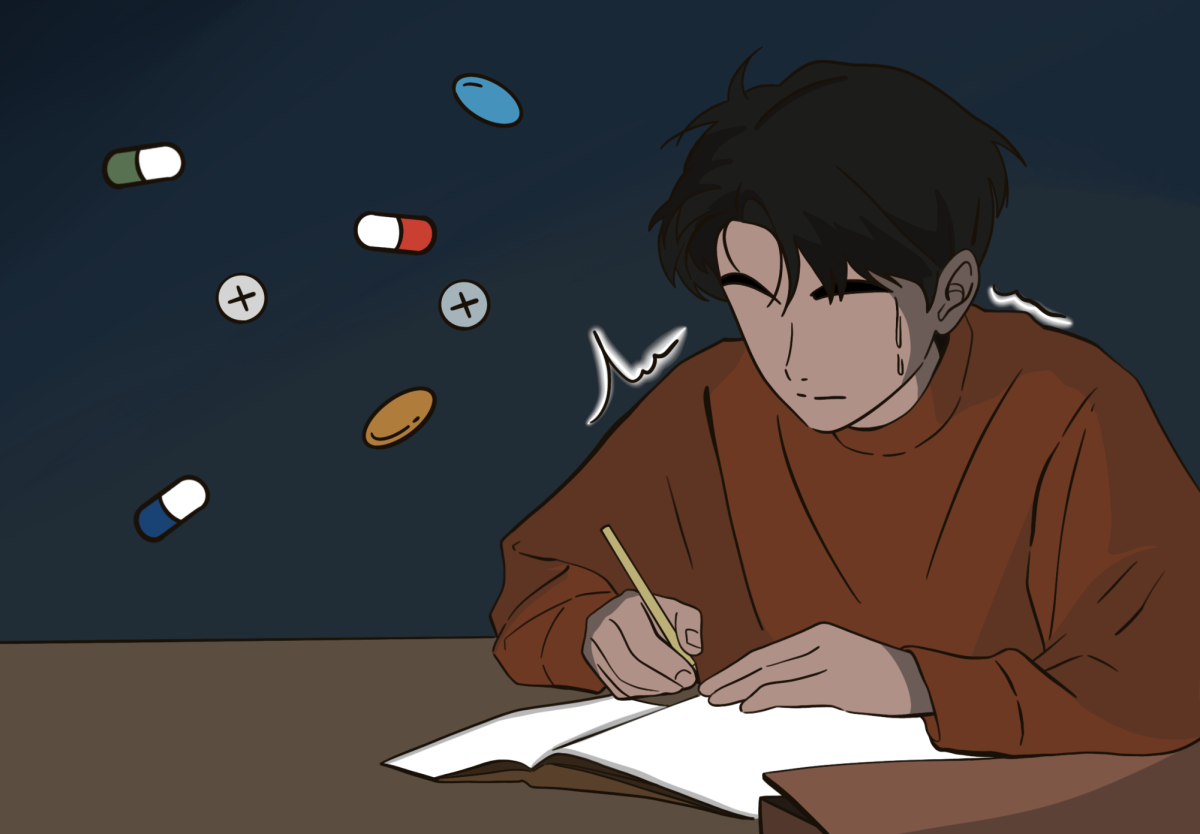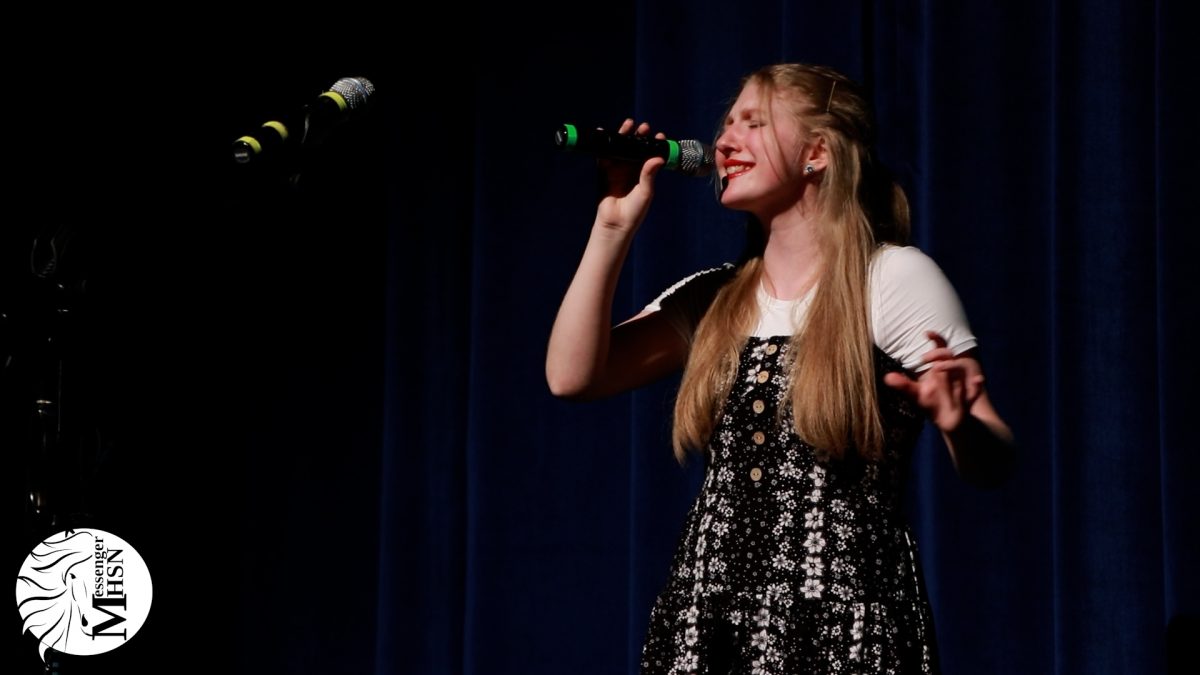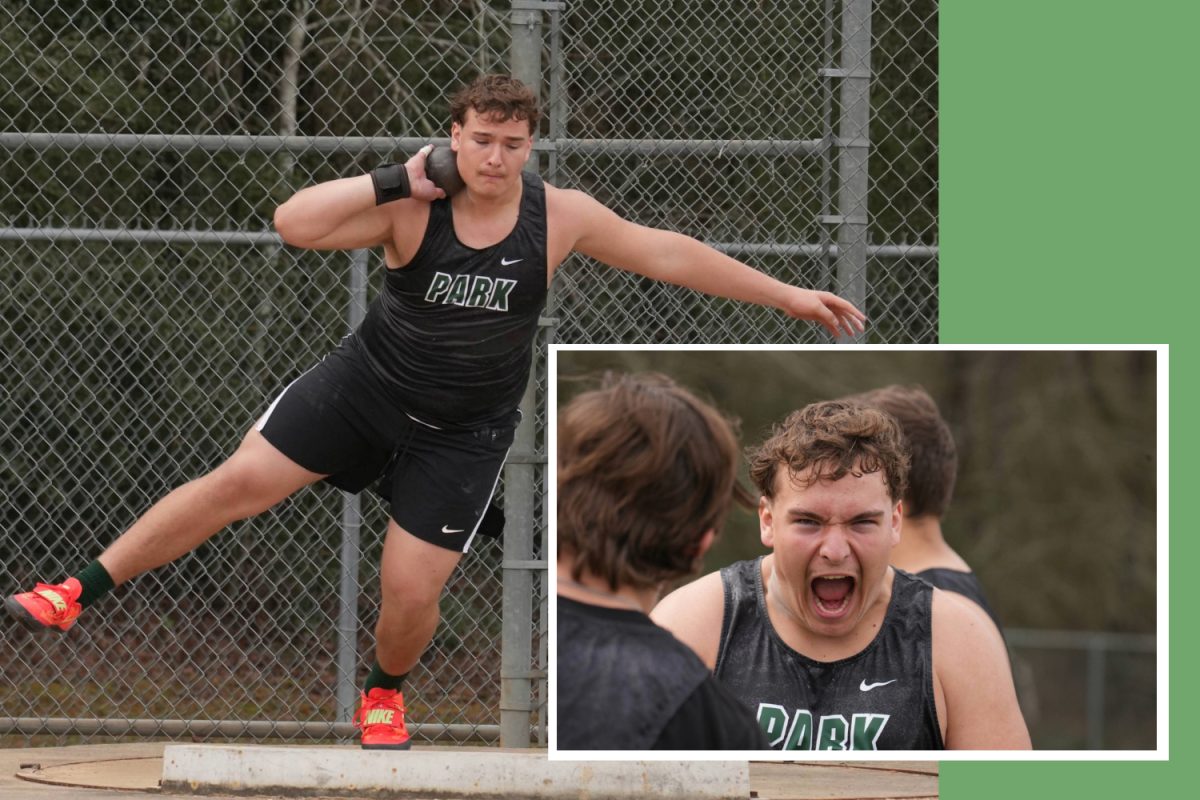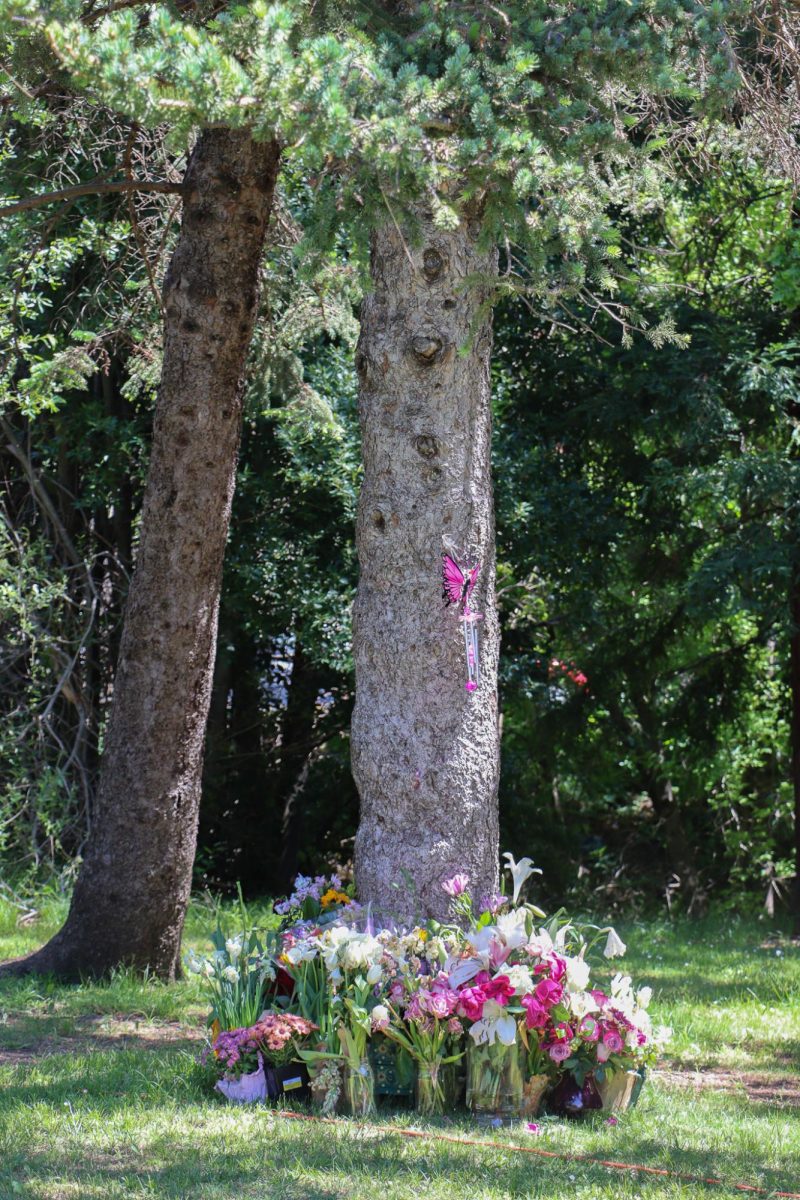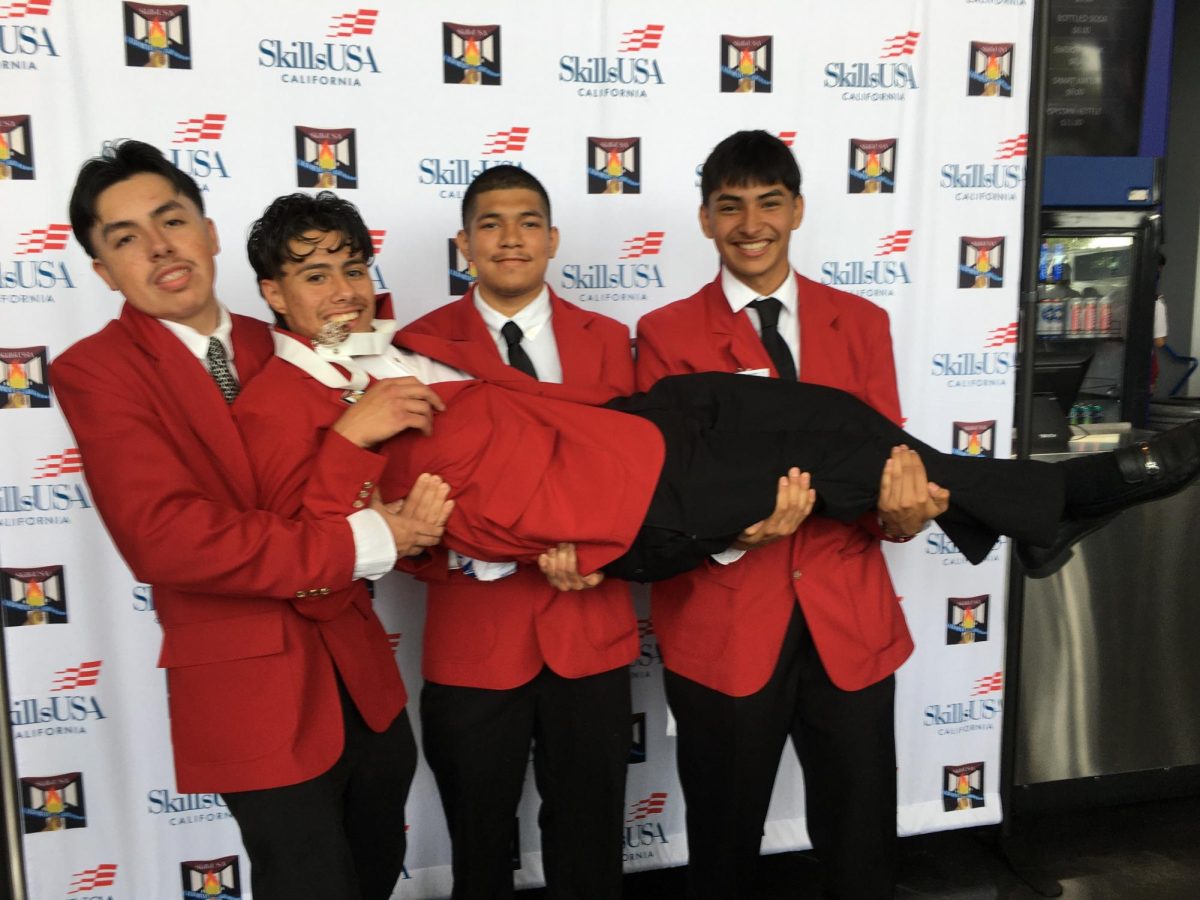History books tell the facts of World War II, but nothing compares to the personal stories that tell the reality of what people faced in that time.
In 1939, German Nazis invaded Poland. Not only did they invade people’s homes, but they tortured them in concentration camps, dragged innocent people out of their homes and shot them in the middle of the street. Houses, and even whole cities, were burned to the ground.
At only 17 years old, my great grandmother — my pra babcia — Teresa Janus, witnessed all of this.
Teresa lived in Poland while World War II raged in her own hometown. She was married to a man named Stefan, had a daughter named Halina and was pregnant with her second daughter, Regina. She was put into a concentration camp, and managed to escape.
She then approached a port in Hamburg, Germany, and gazed at the large steel ship ahead of her. This was the ship that would take her to freedom — to America. She would be on her way to a new country, where there was no war and no fear, only peace and relief. In about 15 days, she would arrive in Ellis Island, New York.
These were the stories my great grandmother would tell our family over and over again in her soft voice that barely knew English. We would surround her at the kitchen table, listening to her stories and rolling dough in our hands.
A tradition that lives in our family to this day is the making of a Polish dumpling called a perogie. Every year around Thanksgiving and Christmas time, my entire family comes together to spend the entire day making hundreds of perogies from scratch.
Making the perogies is a strenuous process, starting early in the morning and extending until the end of the day. We start by making a cheesy potato filling, and then mixing and rolling dough. Grabbing and filling each little circle of dough, we form them into a dumpling shape and twist the ends to form a tight seal. Then, we boil them and separate them into packages to divide between my entire family. By the end of this process, we’re left with usually over 400, and have more perogies than we know what to do with.
While it is labor intensive, it’s a tradition I have known all of my life. It brings my family together every year, and allows us to bond, tell stories and get to know each other in ways we never would be able to otherwise.
While this tradition has traumatic and dark roots in World War II, it has had such a positive present impact on our family. The memory and culture remains alive and strong to this day, and it’s brought my family closer. There’s always light at the end of a dark tunnel, and that couldn’t be more true in my family’s culture.
This story was originally published on The Hawk Eye on October 19, 2023.

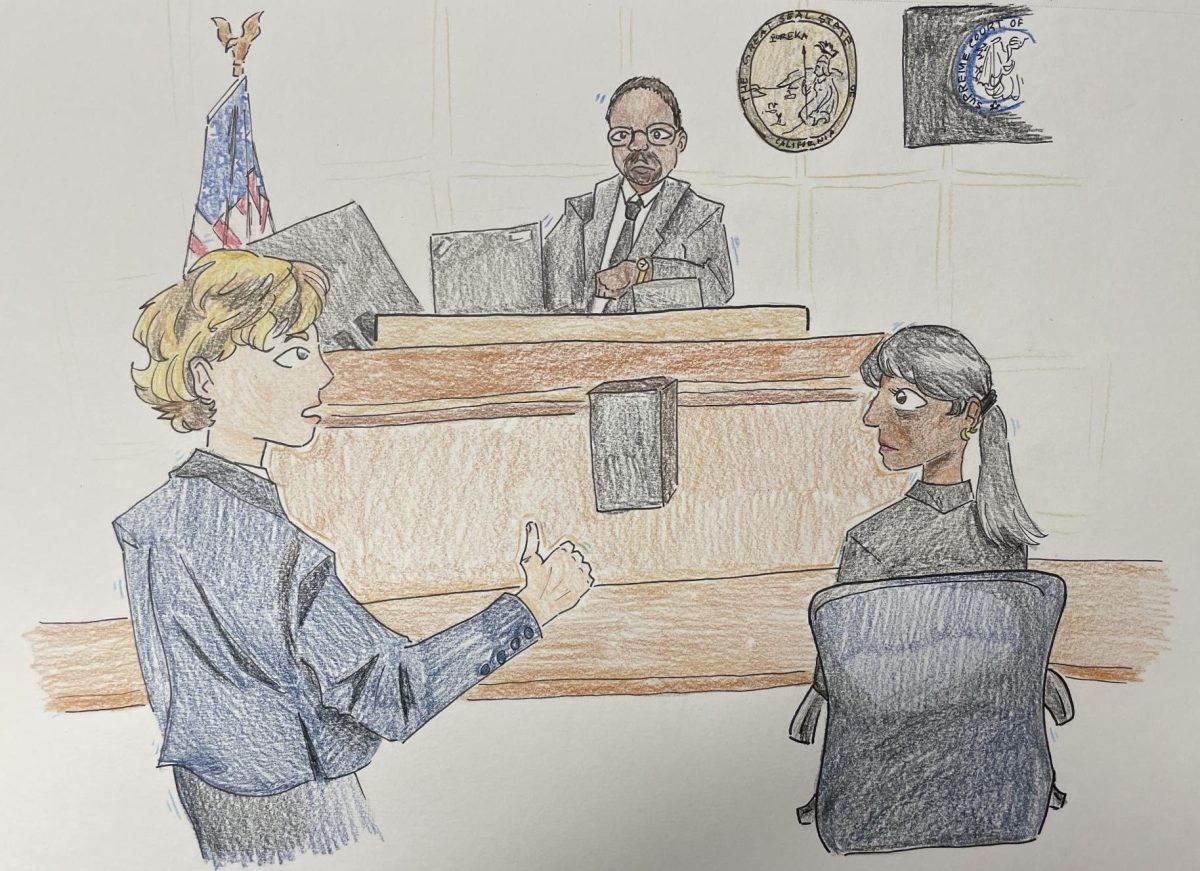


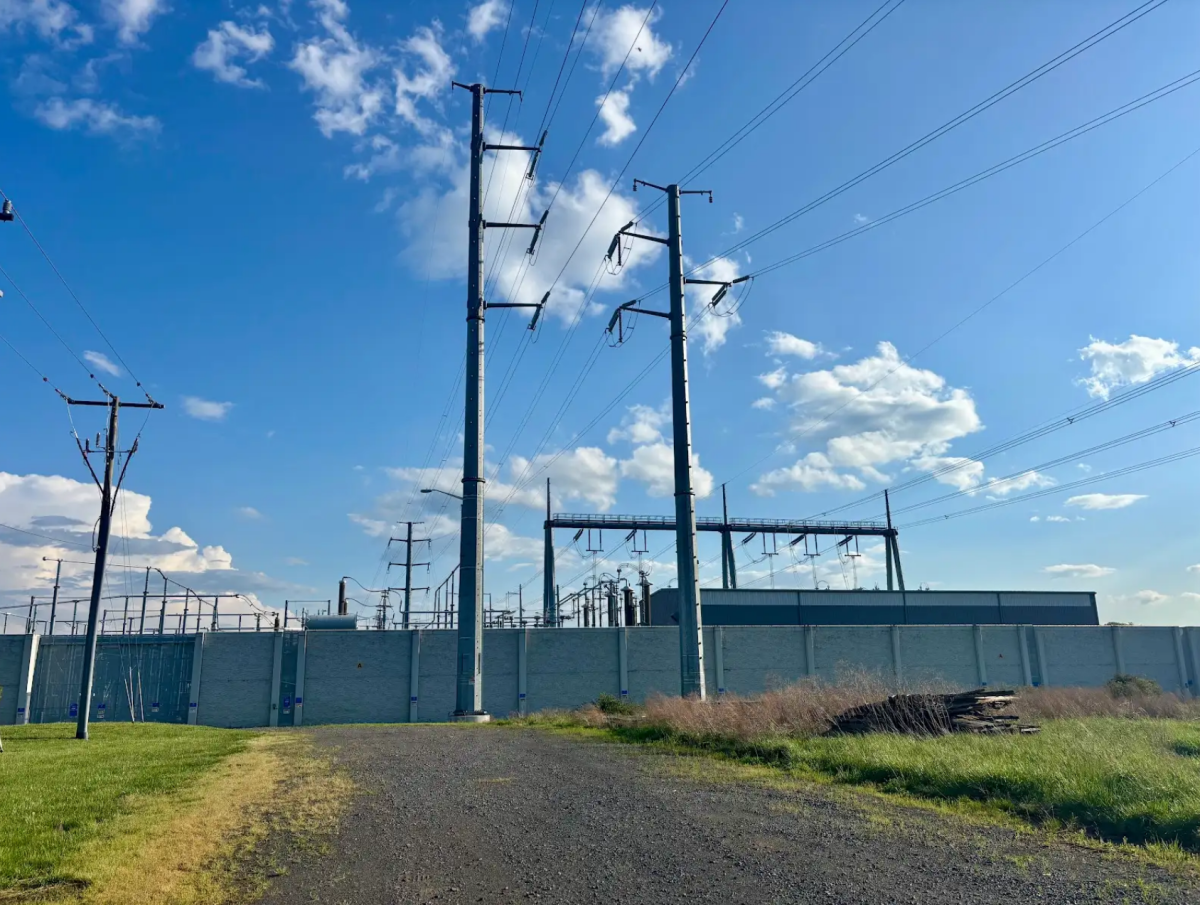
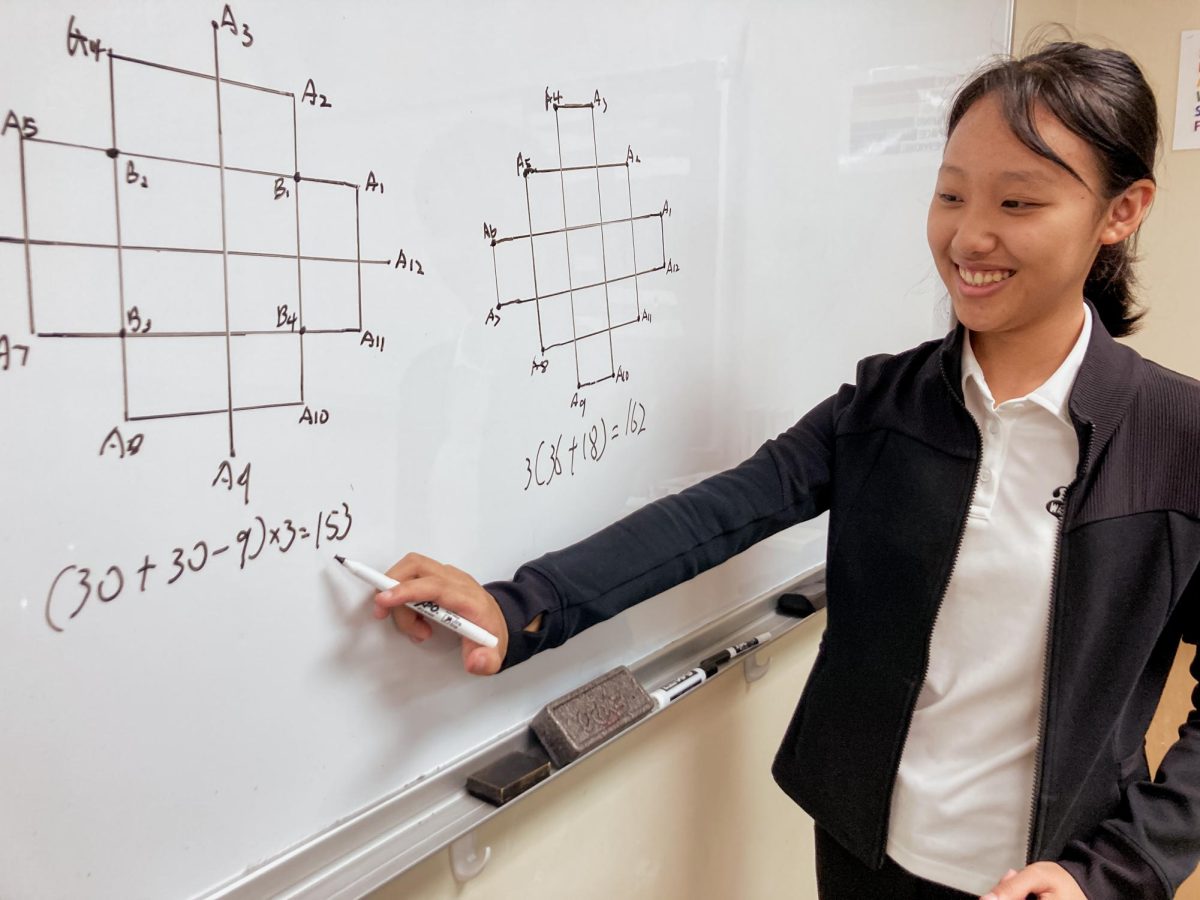
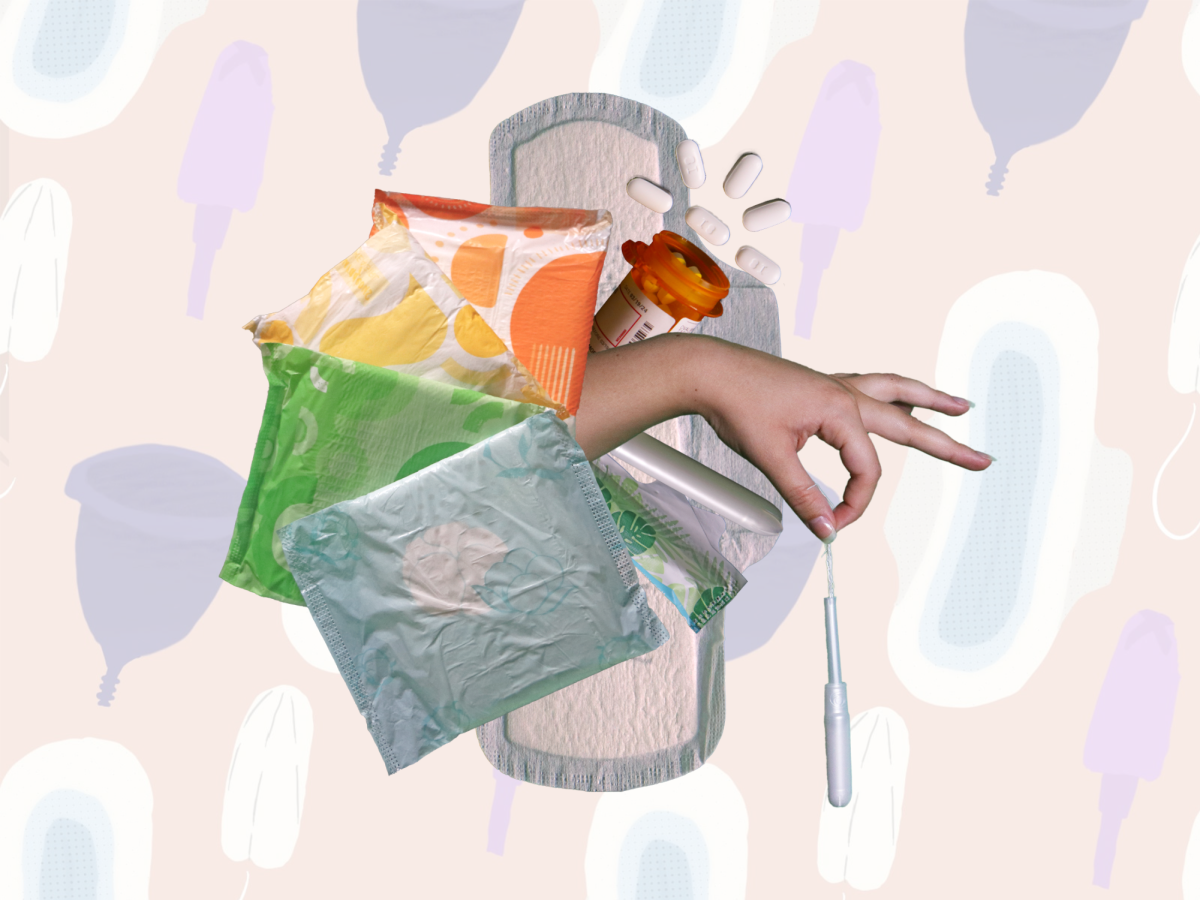

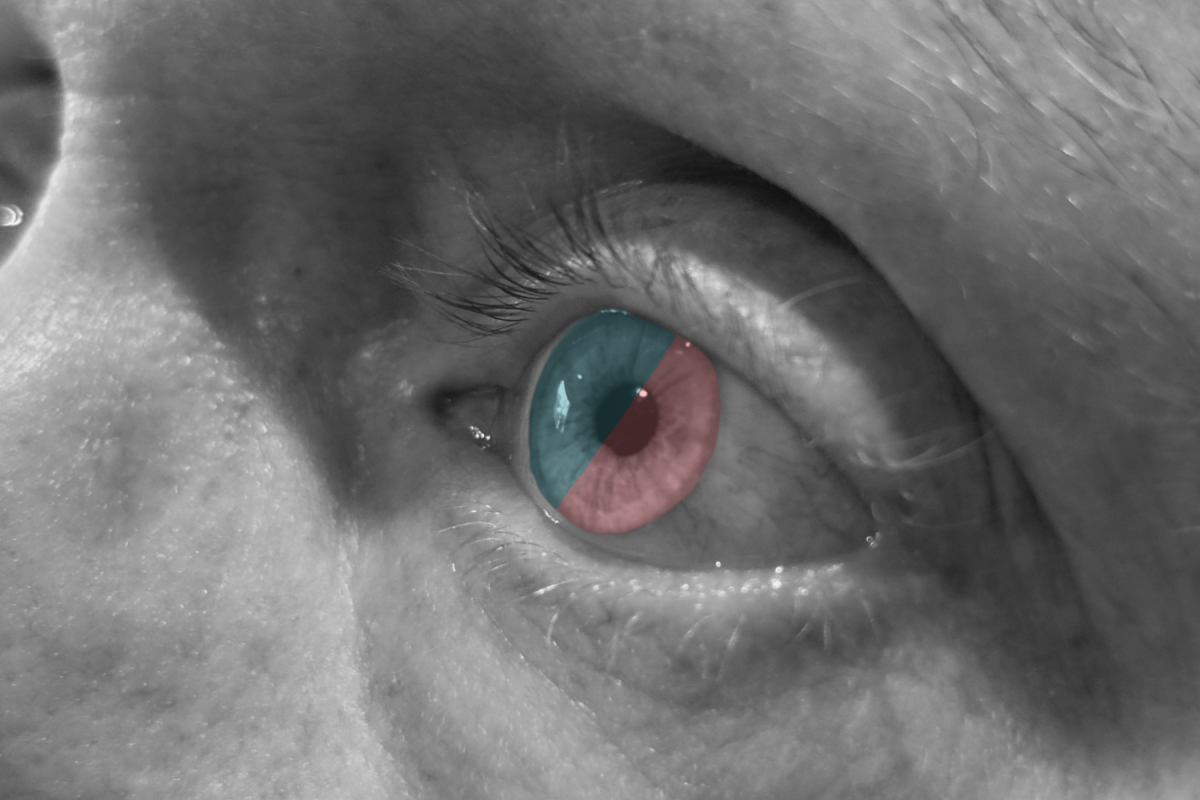
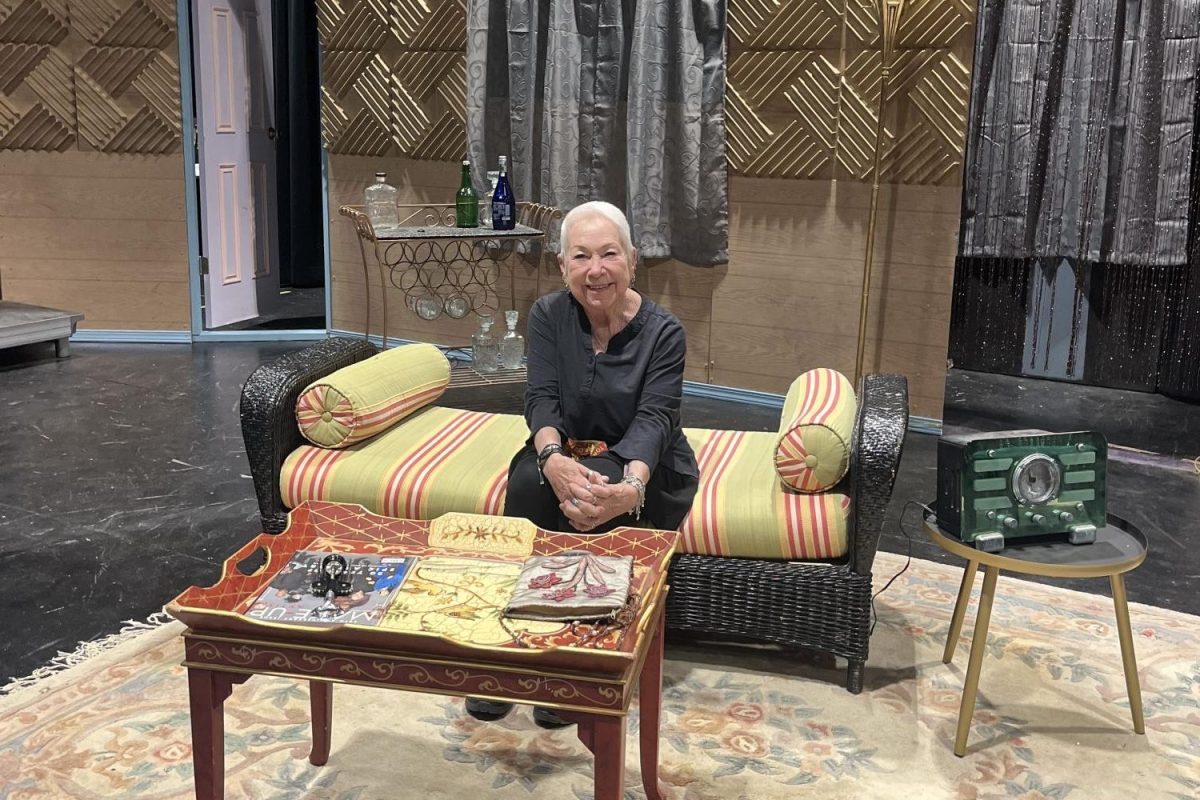
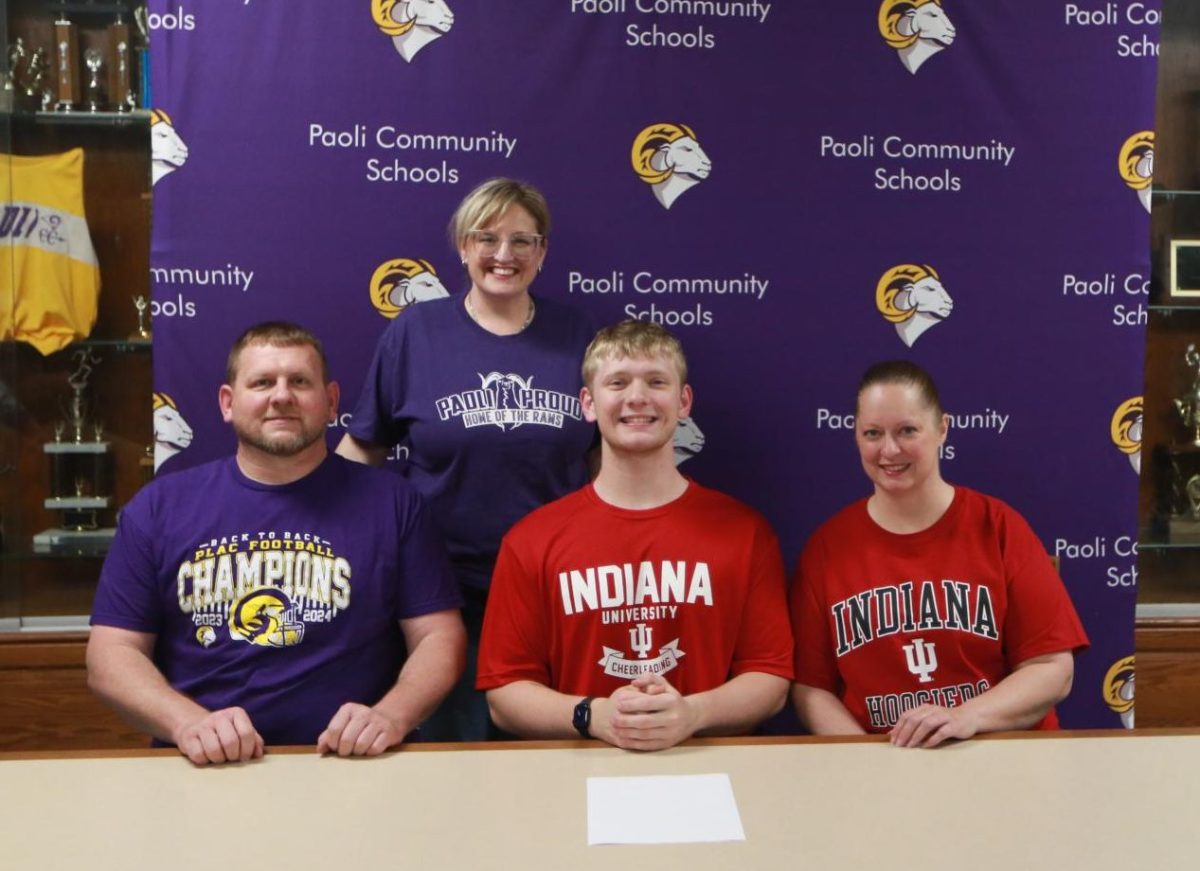



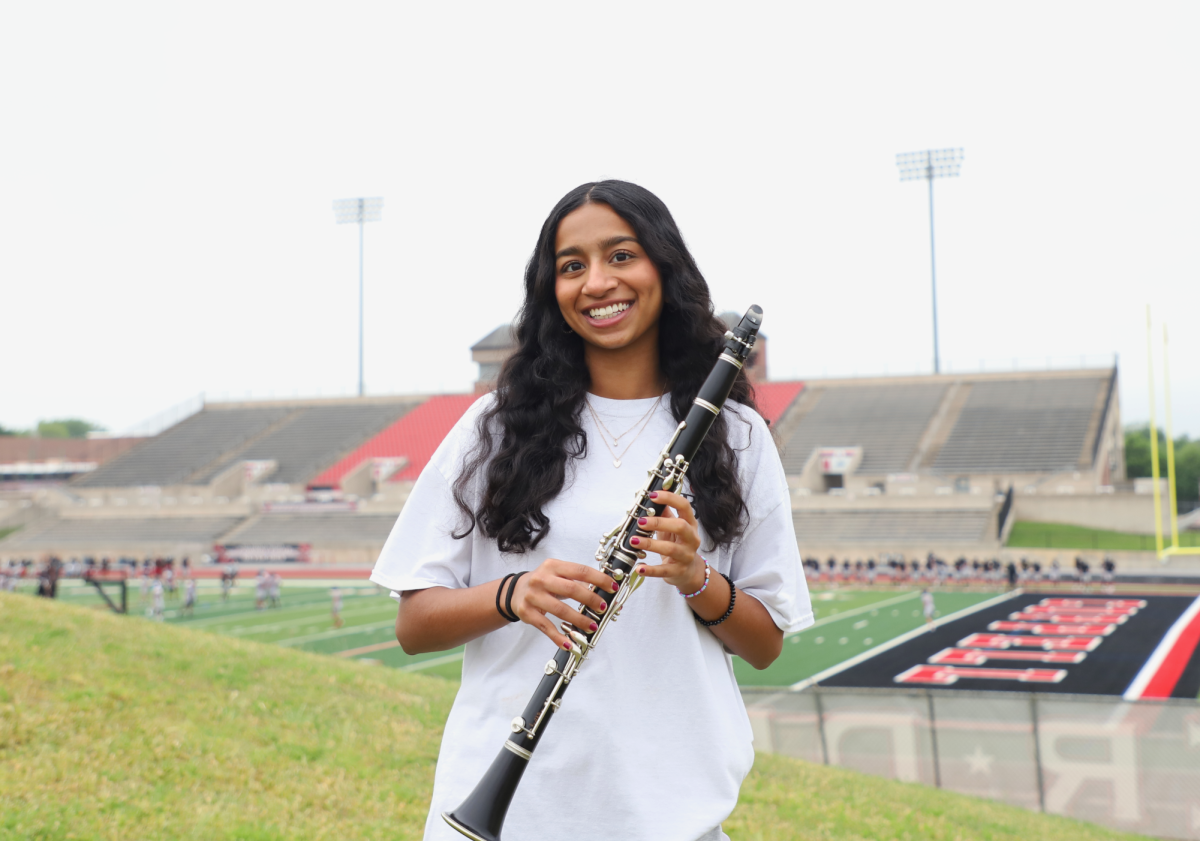
![Finishing her night out after attending a local concert, senior Grace Sauers smiles at the camera. She recently started a business, PrettySick, that takes photos as well as sells merch at local concert venues. Next year, she will attend Columbia Chicago College majoring in Graphic Design. “There's such a good communal scene because there [are] great venues in Austin,” Sauers said. “I'm gonna miss it in Austin, but I do know Chicago is good, it's not like I'm going to the middle of nowhere. I just have to find my footing again.” Photo Courtesy of Grace Sauers.](https://bestofsno.com/wp-content/uploads/2025/05/Grace.png)
